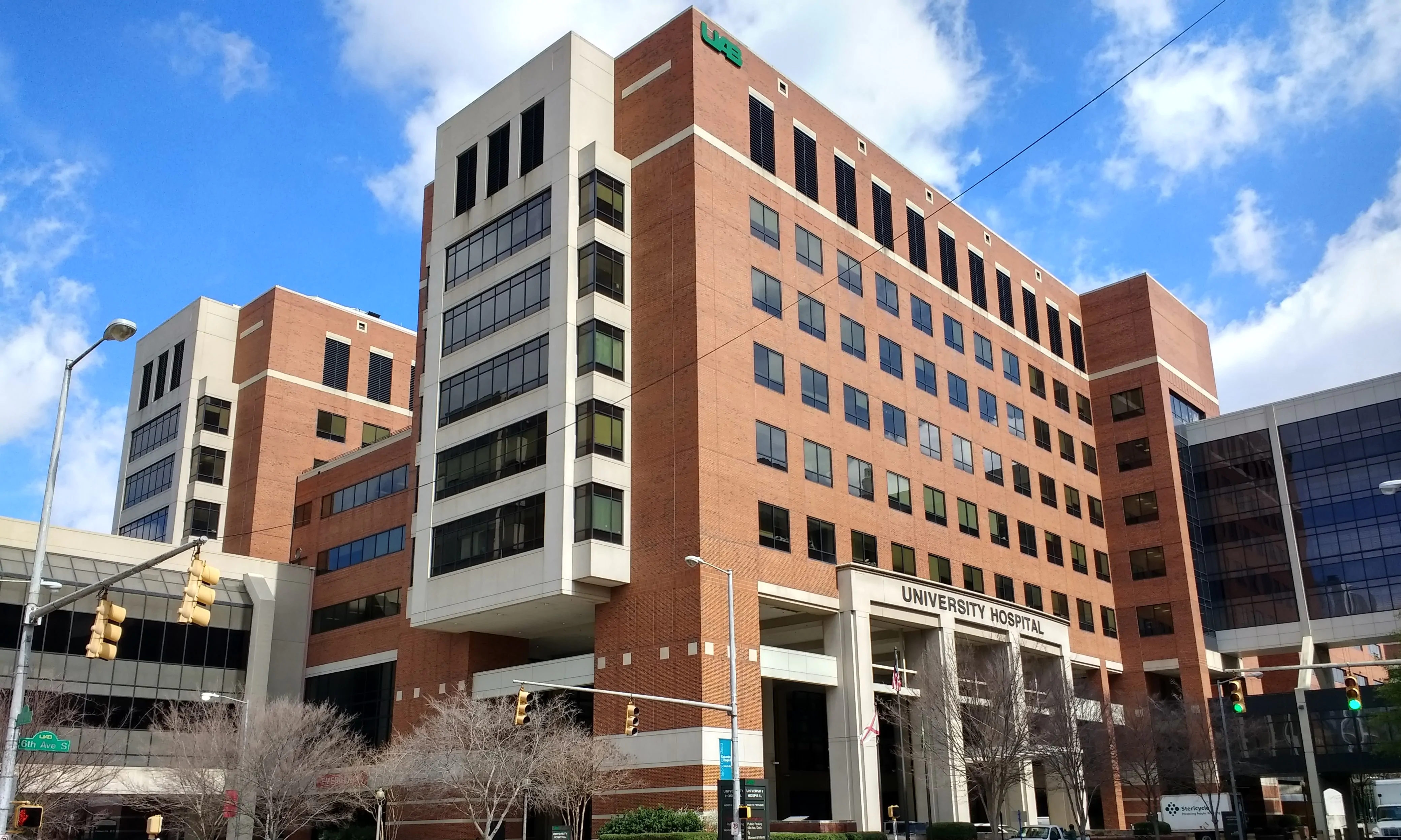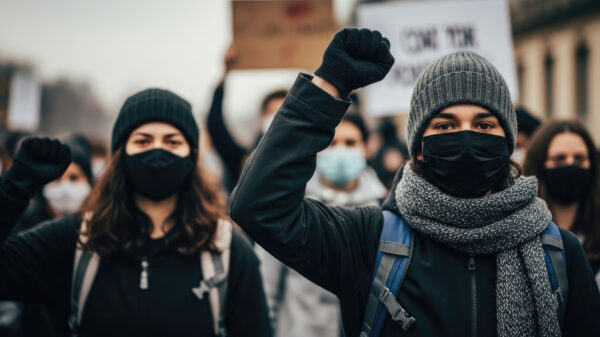UAB Medicine, Alabama’s largest hospital, said Friday that is could feel a financial loss of $230 million by the end of the fiscal year, which ends September 30, if current circumstances continue.
“We’re currently losing about 70 million a month,” said UAB Health System CEO Will Ferniany in a video update Friday. “When the COVID crisis started, UAB Medicine took the position that we were going to do everything we could to serve the people of Jefferson County and Alabama, regardless of the cost.”
The financial impact on the UAB hospital system has been “significant,” the hospital says, and it is not a situation that is unique to UAB. Huntsville Hospital has said it is losing tens of millions per month during the crisis, too.
{{CODE1}}
The loss of revenue is largely due to the canceling of elective procedures, but the state’s major hospitals have so far not called for elective procedures to immediately resume. Some rural hospitals, which began the crisis in much worse financial situations, have.
Elective procedures make up a large percentage of most hospitals’ revenue. When the crisis began, the state and its hospitals began canceling elective surgical procedures to reduce hospital bed occupancy, free up personal protective equipment and reduce strain on the hospital system to prepare for a surge in patients.
The state’s stay-at-home restrictions have made a difference in reducing the burden on hospitals, and only a few hospitals in the state have had issues dealing with the influx of patients, hospital officials and the Alabama Department of Public Health have said.
While canceling elective procedures and asking people to stay home appears to have been effective in slowing the spread of the virus, it has been disastrous for the same hospitals and health care workers who are on the frontlines of dealing with the pandemic.
“We used to do 155 surgeries a day. Now we’re doing about 57. We used to have about 5,800 visits a day to our clinics. Now we have about 3,000, of which most of these are telemedicine visits,” Ferniany said. “That shows that during the first month we had about 3,000 elective surgery visits canceled, 10,000 less — almost 11,000 less — patient days in our hospital, and about 85,000 fewer visits to our clinics. This reduction in clinical activity has caused a significant financial loss at UAB hospital.”
Congress’s COVID-19 stimulus bills have included additional funding to help hospitals deal with the crisis, but Ferniany said what UAB has received so far has not been enough to make up for the lost revenue.
“So far we’ve received about $30 million in federal stimulus money, which puts the loss at about $200 million,” Ferniany said, adding that the hospital has worked to maximize federal assistance and minimize its expenses. The hospital has frozen all hiring, reduce non-essential expenditures and stopped all travel.
“We have to deal with this so that we can be ready to care for the people of Alabama in the future,” Ferniany said.
Sen. Doug Jones, on a press call Thursday, said he is doing all he can to get more financial support for hospitals. He said part of the reason that Democrats were slow to support the most recent COVID-19 emergency stimulus legislation was because they wanted more funding for hospitals, cities and counties to deal with the crisis.
“We felt it was incredibly important to help hospitals financially and put an extra $75 billion,” Jones said, also advocating for the state to immediately expand Medicaid, which would give hospitals a financial boost through reimbursement rates. “We knew hospitals were running out of money, and so decisions had to be made and tough choices had to be made. And I think the criticism of Democrats is misplaced because we were pushing very hard.”
Despite its financial challenges, UAB says it will continue to lead on the COVID-19 response. The hospital system has cared for roughly 25 percent of Alabama’s COVID-19-positive in-patient population, by far more than any other hospital in the state, UAB said in a statement.
“In addition to world-class patient care, UAB has provided vital leadership in Alabama’s response to COVID-19 by: collaborating with public health officials; serving on state task forces; leading the state’s COVID-19 research efforts; helping other hospitals with treatment guidelines; consulting with leaders, hospitals and businesses regarding safely opening; promoting public awareness efforts through information campaigns; increasing the state’s testing capacity; and helping the state obtain needed PPE and equipment, among many other activities,” the hospital said.
The hospital said if you want to provide support, continue to stay at home. As of Friday, UAB is caring for 43 COVID-19 patients.



















































